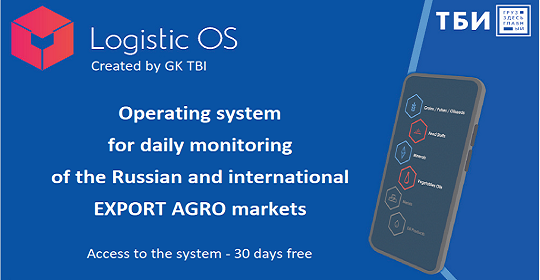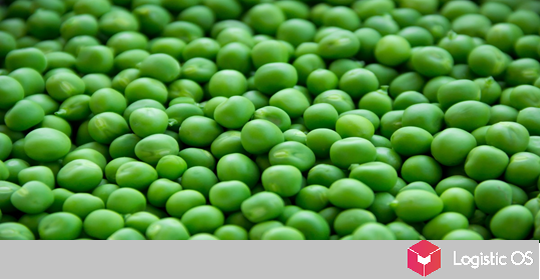Despite the declared support for Ukraine, in fact many European countries put the interests of their farmers first.
After Russia pulled out of the grain deal, logistics routes had to be rebuilt in order to send Ukrainian grain to European countries.
However, they don’t really want to see him there. Back in April, Hungary, Poland, Romania, Bulgaria and Slovakia imposed a ban on the import of Ukrainian grain into their territory.
Subsequently, they reversed their decision, but in exchange for an embargo by the European Commission, which actually established such a ban for all European countries, it expires on September 15, that is, this week.
The embargo includes restrictions on the supply of wheat, corn, rapeseed and sunflower from Ukraine to the EU.
And now Poland and Hungary are calling on the European Commission to extend the ban.
At the same time, they warn: if she does not do this, then Poland and Hungary themselves will introduce such a ban on their territory.
Many other countries will probably join them, because the fewer countries remain open to Ukrainian grain, which is often supplied at dumping prices, the stronger the blow to the own agriculture of such countries: their products are not in demand.
“Only by joining forces can we defend the interests of farmers.
Today I will discuss with three of my colleagues, the ministers of agriculture, the need to maintain restrictions on the import of Ukrainian agricultural products after September 15, at least until the end of the year,” Hungarian Minister of Agriculture Istvan Nagy noted recently.
At the same time, the authorities of European countries feel great pressure from below. For example, Romanian farmers are threatening to block ports from October 1 if the ban is not extended.
And in general, in many European countries, rural farmers make up a significant part of the electorate, so losing their support also means the authorities risk losing their seats.
What are the prospects for Ukrainian grain?
According to experts, the European Commission is likely to extend its embargo, because if it does not do this, it is unlikely that anything will change: the EU countries will make a similar decision, each for itself.
At the same time, the resumption of the grain deal with the Russian Federation is still in question: there are no special prerequisites for this, and the infrastructure of Ukrainian ports is largely damaged.
Taking all this into account, Ukrainian exports will decline, experts say, while Ukraine will also have to redirect its flows, since demand from Europe is now not at its best.

